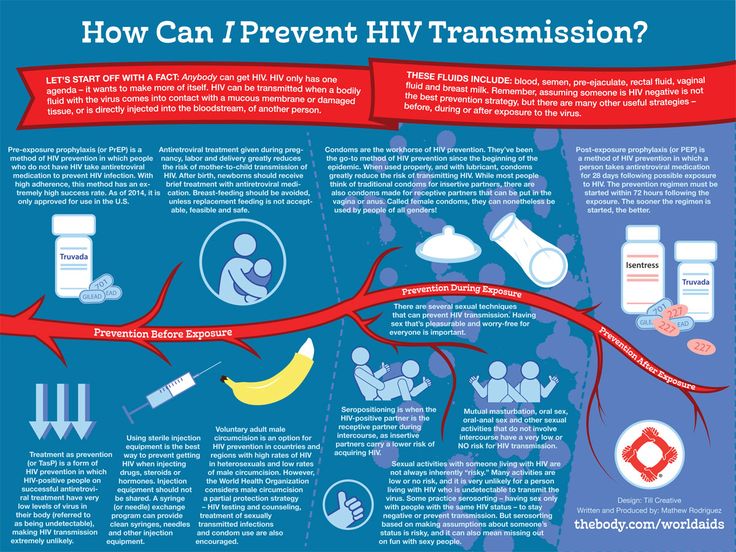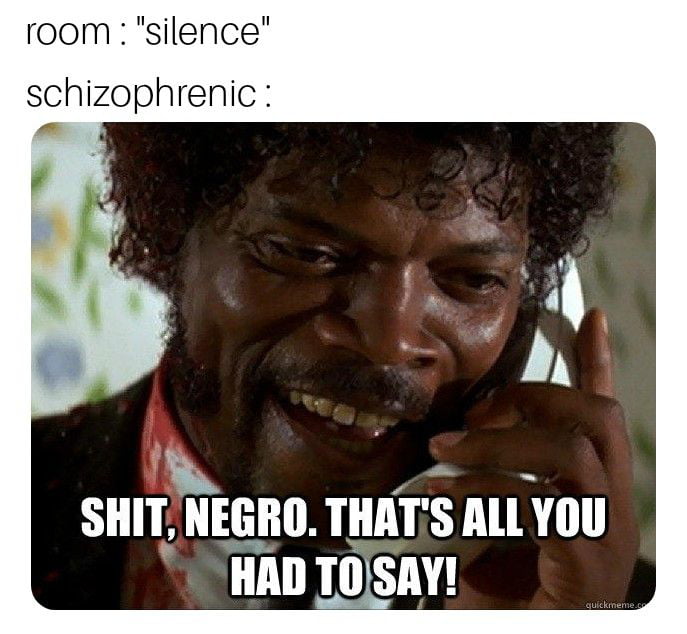How to deworm a child
Deworming Kids – Signs, Diagnosis & Home Remedies
Deworming is the first step to take as soon as you notice symptoms of intestinal worms in your kid. There are various ways to deworm your kid. However, the treatment differs, depending on the type of infestation your kid is suffering from. You may get rid of the intestinal worm through prescribed medicine for older kids or make use of syrup, in case of toddlers, as recommended by your doctor.
What Are Intestinal Worms?
Intestinal worms are parasitic worms such as tapeworms, roundworms, pinworms and hookworms, which can cause problems to humans once they begin infesting their body. They fester in the intestinal walls of humans and animals and lead to larger health issues if left untreated. Unhygienic and unsanitary surroundings and consumption of contaminated water or food are the common causes of intestinal worms infestation in the human body. There are a few symptoms which can be related to an infestation of these parasitic worms. Early diagnosis can help locate the type of worms your kid is infected with. Once the type of worm is identified, you can easily treat your kid with the help of deworming medication prescribed by your doctor.
What is Deworming?
Deworming is the process of expelling intestinal worms or parasitic worms from the body by administering an anthelmintic medicine/drug. In other words, it is a medicated process of getting rid of intestinal worms. The deworming process includes the use of anthelmintic medication.
How Do Kids Get Worms?
There are several causes of worms in children. Below, are some of the common ways through which kids can fall victim to parasitic worms:
- Water is the most common medium of getting an infection. Drinking contaminated water can invite infestation of worms in your kids.
- Poor hygiene is another way these worms can travel into your body.
- Consumption of undercooked meat from an infected animal or undercooked fruits and vegetable infected with worms.

- Soil infested with worms is another culprit behind causing an infestation in your kid.
- Infected pets can also become the messenger of parasitic worms that easily travel from your pets to your kid.
- Lack of sanitation is one of the causes of parasitic worm, especially for those who do not wash their hands after using the toilet.
Parasitic worms or intestinal worms breed in an unhygienic environment. Usually, when your kids touch things such as worm-infested toys or play in the dirt, they end up getting worm eggs on their hand, which travel into their body when they touch their mouth or eat something directly without washing their hands.
Symptoms of Worms in Children
Below are a few symptoms that can help you identify whether your kid has fallen prey to intestinal worms or not:
- Abdominal pain
- Redness or rash on the buttocks
- Vomiting or diarrhoea
- Weight loss
- Appetite loss
- Anaemia can be related to parasitic worms
- Tiredness, weakness or hunger due to worms
- Blood in the stool
- Diarrhoea or constipation
- Urinating frequently
- Pain while urinating
Diagnosing Worms
If you are suspecting infestation of worms in your child based on any symptoms you may notice, then you should consult your doctor and get your child diagnosed without a second thought.
There are numerous ways of diagnosing worms in children, such as taking samples of stool to examine the presence of worms or taking a blood sample to examine the presence of antibodies that our body usually produces when attacked by parasites.
Here are some common methods of diagnosing worms in children:
1. Checking Fingernails
As your hands are the primary mode of transferring worms inside the body through ingestion, worms often leave their eggs under the fingernails. The doctor will examine the area under your child’s fingernails to determine the presence of worms.
2. Sticky Tape Test
This is a common exam to test for the presence of worms. The doctor sticks a piece of tape to the child’s bottom. The tape will collect any worm eggs if there are any. This is then removed and sent to the lab to test for worm eggs stuck to the tape.
3. Stool Examination
The stool can be examined to check for worms. If positive, it indicates that there are worms in the intestines.
4. Ultrasound
In case there the worm infestation is suspected to be severe, the doctor may conduct an ultrasound.
Dangers of Worm Infections
People with low immunity, especially children, are more susceptible to infestation of intestinal worms. There are various dangers of worm infection one should watch out for. Malnutrition, intestinal blockage, a hindrance to the healthy growth of children, weight loss and anaemia, are a few risks resulting from worm infections.
Treatments
Treatment against parasitic worms depends on the type of worms and symptoms in your kid. Worms like tapeworms will die on their own if you follow a healthy diet and have a strong immune system. However, in most cases, you should consult your doctor and follow an anthelmintic treatment as prescribed by the doctor. Since parasitic worms lay eggs inside their host’s body and keep multiplying if left untreated for long, it makes it even more difficult and time-consuming to deworm.
Deworming Medicine for Kids
Deworming medicine for kids varies based on your kid’s age and the type of worms he is infected with.
- Treatment for tapeworms is dealt with using oral medication such as praziquantel (Biltricide). This medicine paralyses and dissolves the tapeworm, which is later on passed through stool.
- Infection by roundworm is treated using mebendazole (Vermox, Emverm) and albendazole (Albenza). Results of effective treatment become visible after a few weeks, and it is recommended to visit your doctor for another diagnosis after the completion of treatment to make sure that deworming is done thoroughly.
Home Remedies for Deworming
- Make sure you set a nutritious, balanced diet for your kid, including fruits and vegetables every day.
- Ginger, garlic should be included in the diet.
- Unhygienic food and water, especially from outside, should be avoided.
How to Prevent Your Kids From Getting Worms?
Prevention is always better than treatment. There are several ways through which your kid can get infected by intestinal worms such as playing in infested dirt, grass, and sand, consuming food from unhygienic places or by coming in contact with people who are already infested with worms. Below are a few points of prevention against worms:
There are several ways through which your kid can get infected by intestinal worms such as playing in infested dirt, grass, and sand, consuming food from unhygienic places or by coming in contact with people who are already infested with worms. Below are a few points of prevention against worms:
- Make sure that your kids wash their hands properly with soap before consuming anything.
- Wash fruits or vegetables properly before eating, and also make sure that whatever you consume is not infested with worms.
- Prevent your kids from playing barefoot in mud, sand, grass or other outdoor places.
- Prevent your kids from eating uncooked meat, especially pork and fish, which are known to carry worms in them.
- Make sure that any swimming pool your child visits is in line with hygienic standards.
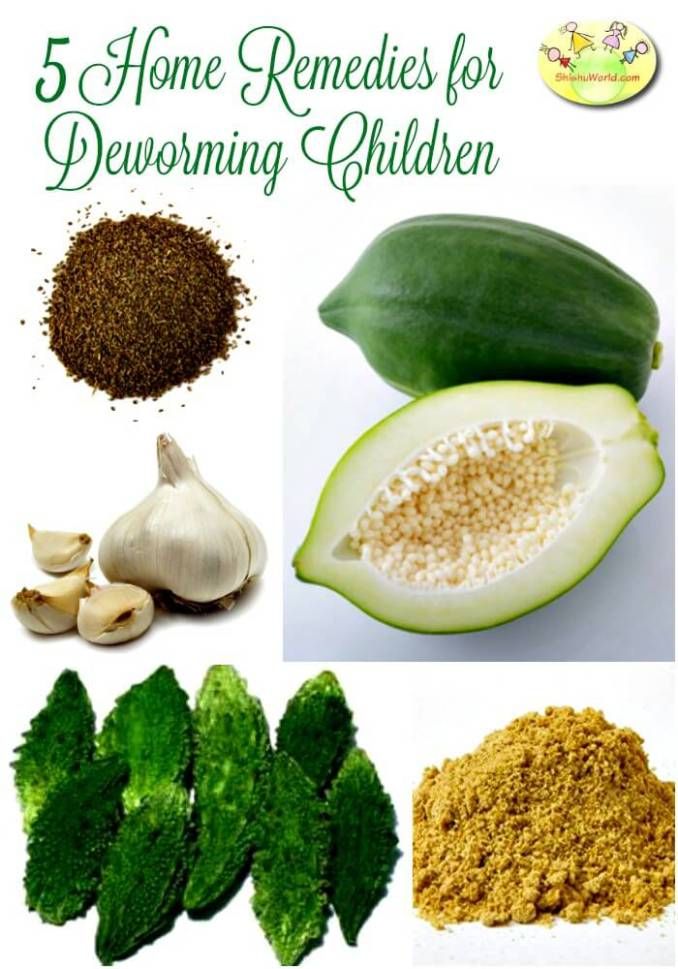
- Avoid drinking water from public places. Always drink purified water.
FAQs
1. How Frequently Should I Deworm My Child?
As per WHO’s recommendation, deworming once every six months is enough.
2. What Do Worms in Kids Look Like?
Threadworms, also known as pinworms in kids, is the most common type of worms and seem similar to pieces of white thread.
3. What Are the Side Effects Of Deworming Children?
Usually, deworming medicines are mild enough to be easily tolerated by kids, but in some rare cases, there may be light side-effects of deworming, such as nausea, mild headache, and vomiting.
4. Can Babies Get Worms?
Yes. if a child is consuming raw food contaminated with the eggs of worms, he is susceptible to intestinal worms.
5. Is There a Particular Age for Deworming?
The recommendation is to deworm all kids from age 6 months to 5 years of age.
Deworming is something every parent should follow as a precaution, as kids often play in mud and dirt outdoors, so it is likely they may come in contact with worm eggs.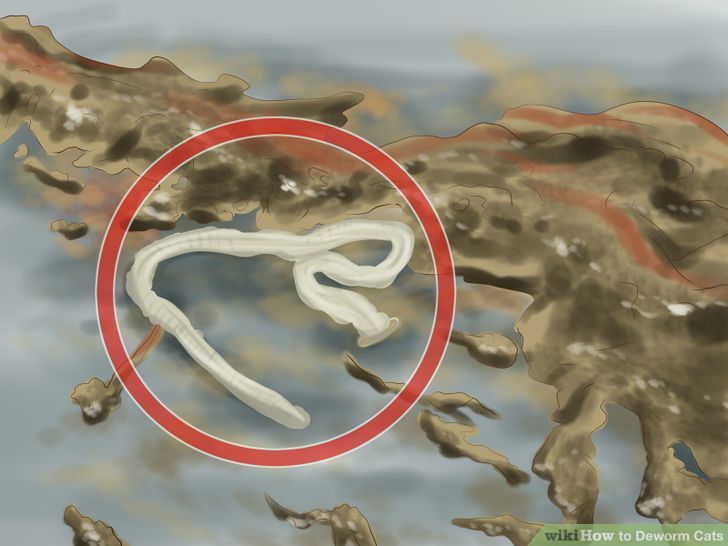 As we all know, prevention is the best treatment, and necessary steps should be taken to prevent your kids from coming in contact with these parasites, as much as possible, as well as following a proper deworming routine every six months.
As we all know, prevention is the best treatment, and necessary steps should be taken to prevent your kids from coming in contact with these parasites, as much as possible, as well as following a proper deworming routine every six months.
Home Remedies For Worms | Deworming Kids With Natural Medicines
Check out our list of natural deworming home remedies suggested by Ayurvedic consultant Dr Niveditha Srinivasamurthy to effectively get rid of worms in your child
Sujatha Das, mom of 7-year-old Saumen, is at a loss when her son gets up at night complaining of stomach aches and itching in his anal region. Close inspection reveals that he has intestinal worms. Before starting medicines for deworming, Sujatha decides to try out some natural remedies.
Worm infestations in kids are a common occurrence. Like Sujatha's son, many kids suffer from it.
Deworming in children
The process of removal of worms from the intestine with the aid of medication is known as deworming. Deworming is essential for kids as it helps in relieving the symptoms and discomfort caused by worm infestation.
Deworming is essential for kids as it helps in relieving the symptoms and discomfort caused by worm infestation.
What causes worm infestation in children?
Kids often come in contact with worm-infested toys, objects, or dust while playing, which can lead to worm infestation. They can also get it through close contact with other kids who have pinworms. Sharing clothes or other personal items with kids who have worms can also be the cause of infestation.
Sometimes, worm eggs get lodged in the fingernails of children. When they put their hands in their mouths, the eggs get transferred. Once ingested, they travel all the way to the small intestine where they hatch resulting, in a worm infestation.
The most common type of intestinal worm is threadworm or pinworm.
Diagnosing worms
Doctors use various methods to diagnose a worm infestation. Here are some of the diagnostic methods:
- Tape test: A clear tape is placed around the child's anus.
 This tape is then directly examined under the microscope to check for the presence of pinworms.
This tape is then directly examined under the microscope to check for the presence of pinworms. - Parasite stool test: Worms, larvae, and eggs can be identified by examination of the stool sample.
- Endoscopy: The small intestine is directly checked for the presence of parasites by inserting an optical fiber cable with a camera through the mouth and passing it through the esophagus and stomach.
- Colonoscopy: In this method, a fiber-optic cable with a camera is inserted via the rectum into the small intestine to inspect any parasites that are large enough to be visible.
- Blood tests: This test is performed to look for parasites that are present in the blood.
Tips to protect your kids from worms
|
Home remedies for worms in kids
There are many home remedies that are effective against worms in children.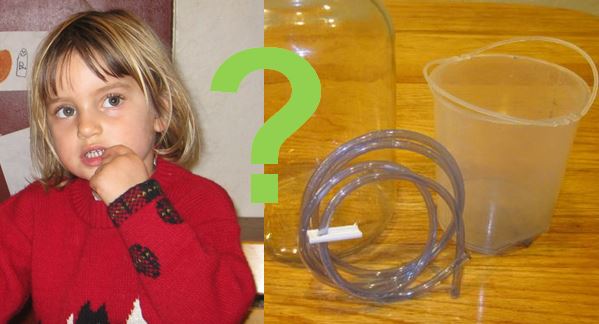 Here is a list of some home remedies that you can use to deworm your child naturally.
Here is a list of some home remedies that you can use to deworm your child naturally.
1. Turmeric
Turmeric or haldi is hailed as the most easily available antiseptic in any household. It is also effective in dealing with all kinds of intestinal worms.
How to have it
Give your kid a glass of buttermilk with one spoon of turmeric once every day. Continue this for a week or so to flush out the intestinal worms. Alternatively, you can do it by putting one spoon of turmeric into a glass of warm water.
2. Coconut oilThe anti-parasitic properties found in coconut and its oil make it an effective treatment for worm infestation. Both coconut and its oil are used to treat intestinal worms in children.
How to have it
Give one teaspoon of coconut oil to the child first thing in the morning for a week. It should be followed by a cup of warm water. Eating a tablespoon of grated coconut daily for a week or 10 days is also said to take care of the worm infestation problem in children.
The triglycerides present in extra-virgin coconut oil help in removing the worms from the child's body. Coconut oil also boosts a child's immunity and prevents recurrence.
3. Bitter gourdTraditionally, bitter gourd and its juice are used to treat parasites in the tummy. Children should be encouraged to eat bitter gourd at least once a week as a preventive measure.
How to have it
Cut and soak the bitter gourd in water for an hour with salt and turmeric. This will reduce its bitterness. It can also be boiled along with a potato and salt. Then mash the bitter gourd with the potato and feed it to the child. Another effective way is to juice one bitter gourd and mix it with water and honey (honey should be given only to children above two years of age). The child suffering from worms should have it at least twice a day to get some relief.
4. NeemThe neem leaves are known to have strong anti-parasitical properties and can be used effectively in treating worm infestation.
How to have it
These days, dried neem flowers are available. These can be added to rasam, sambar, or any curries as tempering. Neem leaves can also be shallow fried in little oil or ghee. Sprinkle a pinch of salt or rock salt. Remove it when crisp. Try to feed these crisp leaves to your child with rice.
Dried neem powder can also be used to cure worm problems in children. Mix one teaspoon of the powder in warm milk and add some honey. Ask your kid to drink this, preferably on empty stomach for one week. You can continue to feed your child this drink until the worms are completely gone.
5. GarlicA pod of garlic is packed with many worm-fighting properties. Hailed as one of the best natural dewormers for kids, garlic can be safely used to kill parasites from the body without any side effects.
How to have it
Crush 2-3 garlic cloves, add it to one cup of milk, and bring it to a boil. Give it to your child to flush out the worms present in his tummy.
Give it to your child to flush out the worms present in his tummy.
Or, soak 2-3 cloves of raw garlic in honey and give one teaspoon of the infused honey to your child on an empty stomach.
6. Unripe papayaThe enzyme papain present in raw papaya is potent enough to destroy intestinal worms. Papaya seeds are also useful in expelling worms from the stomach.
How to have it
Grate firm raw papaya and mix it with warm milk along with one tablespoon of honey. Make your child drink this until he is free from worm infestation.
Ground papaya seeds mixed with warm milk or water also help in getting rid of worms. Get your child to drink it first thing in the morning, for three days in a row. You can also ask your child to gulp the seeds as a whole so that she does not taste the bitterness.
Tips to feed bitter food to your child
|
Here are some products to help your child get relief from pain, and for you to learn more about kids' health. Kids deworming syrups |
Frequently asked questions (FAQs) on worm infestation
1. What are the signs of worms in a child?
You may notice tiny thread-like worms on your child's undergarments or in the toilet after he uses the bathroom. Itching around the anus during the night is another sign.
2. Can babies get worms?
Yes. Your baby can come in contact with a worm-infested surface or item while crawling or playing outdoors. Also, an infected person with improper hygiene can pass on the worms to the baby during handling.
3. How often should I deworm my child?
It is essential to get rid of worms as these nasty parasites can affect your child's health and well-being. It is a good practice to deworm children every six months after the age of two. Repeat treatments are required as only the adult worms are eliminated but the eggs stay on the body leading to reinfection.
4. Why is it important to deworm children?
Worm infestation can cause children to fall sick resulting in loss of attendance in school. Also, their growth and performance are affected. Regular deworming helps to keep children in good health as well as stops the spread of infestation in the community.
WHO recommends large-scale deworming to promote health and nutrition in children
WHO recommends large-scale deworming to promote health and nutrition in children- Healthcare issues »
- A
- B
- B
- G
- D
- E
- and
- 9000 About
- P
- R
- C
- T
- U
- F
- x
- h
- K
- 9 °
- 9000 I
- Popular Topics
- Air pollution
- Coronavirus disease (COVID-19)
- Hepatitis
- Data and statistics »
- News bulletin
- The facts are clear
- Publications
- Find the country »
- A
- B
- B
- G
- D
- E
- and
- L
- H
- O
- R
- R
- S
- T
- Y
- F
- X
- W
- 9
- S
- B
- S
- B
- E
- S
- I
- WHO in countries »
- Reporting
- Regions »
- Africa
- America
- Southeast Asia
- Europe
- Eastern Mediterranean
- Western Pacific
- Media Center
- Press releases
- Statements
- Media messages
- Comments
- Reporting
- Online Q&A
- Developments
- Photo reports
- Questions and answers
- Update
- Emergencies "
- News "
- Disease Outbreak News
- WHO data »
- Dashboards »
- COVID-19 Monitoring Dashboard
- Basic moments "
- About WHO »
- CEO
- About WHO
- WHO activities
- Where does WHO work?
- Governing Bodies »
- World Health Assembly
- Executive committee
- Main page/
- Press releases/
- item/
- WHO recommends large-scale deworming to promote health and nutrition in children
UNICEF Ethiopia/Meklit Mersha
Gurumu Koysha Primary and Secondary School students gather to learn about the nutritional value that different types of foods can provide for their health and learn about the transmission of helminthiasis. Wolayta Zone, Boloso Sore, Woreda
Wolayta Zone, Boloso Sore, Woreda
© A photo
\n
\nThe four main types of intestinal worms (also called soil helminths) affect nearly a quarter of the world's poorest and most marginalized people. This is a major public health problem as helminths disrupt the human body's ability to absorb nutrients, resulting in stunted growth and physical development in millions of children.
\n
\nWHO has long been a strong advocate for large-scale treatment for intestinal worms, but for the first time, WHO guidelines, endorsed by its Guidelines Review Committee, support the thesis that deworming promotes health and improves nutrient absorption. infected children.
\n
\n“There is now a global, evidence-based consensus that intermittent deworming is the best way to reduce the suffering caused by intestinal worms,” says Dr Dirk Engels, Director of the WHO Department of control of neglected tropical diseases.
\n
\n"These new guidelines come out just as intestinal worm endemic countries are stepping up control programs with the help of their partners to ensure that both infected and at risk of infection are treated."
\n
\nWHO is supporting large-scale deworming programs with drugs donated by pharmaceutical companies. It coordinates the supply of such medicines at the request of countries. The medicines are then distributed free of charge through national disease control programs during mass treatment campaigns.
\n
\n"Providing drugs at risk reduces the intensity of intestinal helminth infections," says Dr Francesco Branca, Director of the WHO Department of Nutrition for Health and Development.
\n
\nHowever, deworming is not the only solution.
\n
\n"Improvements in basic hygiene, sanitation, health education, and access to safe drinking water are also key to overcoming the health and nutritional problems caused by intestinal worms," adds Dr. Francesco Branca.
Francesco Branca.
\n
\nIn 2015, only 39% of the world's population had access to safe sanitation and 71% to safe water.
\n
\nAmong school-age children, intestinal worms are treated on school "worming days". Teachers supervise the process, so that medical workers can focus on other urgent tasks.
\n
\nIn many countries, preschool deworming activities are combined with other campaigns such as vaccination, child health and vitamin days.
\n
\n“WHO aims to eliminate the harm caused by helminth infections in children by 2020 by regularly treating at least 75% of an estimated 873 million children in areas where the prevalence of infections is high,” says Dr. Dr. Antonio Montresor, Head of the WHO Global Deworming Programme. “In 2016, WHO Member States provided treatment to 63% of children who needed it. Now that there are globally agreed standards for deworming among at-risk groups, we have a better chance of reaching this target.”
Now that there are globally agreed standards for deworming among at-risk groups, we have a better chance of reaching this target.”
","datePublished":"2017-09-29T00:00:00.0000000+00:00","image":"https://www.who.int/images/default-source/departments/ntd-library /soil-transmitted-helminthiases/deworming-students-in-woreda-2016/32483856613-d815d88488-en.jpg?sfvrsn=ef67e154_12","publisher":{"@type":"Organization","name":"World Health Organization: WHO","logo":{"@type":"ImageObject","url":"https://www.who.int/Images/SchemaOrg/schemaOrgLogo.jpg","width":250, "height":60}},"dateModified":"2017-09-29T00:00:00.0000000+00:00","mainEntityOfPage":"https://www.who.int/ru/news/item/29-09-2017-who-recommends-large-scale-deworming-to-improve-children-s-health-and-nutrition","@context":"http://schema.org","@type": "NewsArticle"};
Intermittent deworming programs using one-tablet therapy can greatly alleviate the suffering of people infected with parasitic intestinal worms and protect the 1. 5 billion people currently estimated to be at risk of infection.
5 billion people currently estimated to be at risk of infection.
The four main types of intestinal worms (also called soil helminths) affect almost a quarter of the world's poorest and most marginalized people. This is a major public health problem as helminths disrupt the human body's ability to absorb nutrients, resulting in stunted growth and physical development in millions of children.
WHO has long been a strong advocate for large-scale treatment for intestinal worms, but for the first time, WHO guidelines endorsed by its Guidelines Review Committee support the thesis that deworming improves health and nutrient absorption in severely infected children.
“There is now a global, evidence-based consensus that intermittent deworming is the best way to reduce the suffering caused by intestinal worms,” said Dr Dirk Engels, Director of the WHO Department of Neglected Tropical Diseases.
"These new guidelines are being released just as intestinal worm endemic countries are stepping up control programs with the help of their partners to ensure that both those who are infected and those at risk of infection are treated. "
"
WHO is supporting large-scale deworming programs by providing medicines donated by pharmaceutical companies. It coordinates the supply of such medicines at the request of countries. The medicines are then distributed free of charge through national disease control programs during mass treatment campaigns.
“Providing drugs to risk groups reduces the intensity of intestinal helminth infections,” says Dr Francesco Branca, Director of the WHO Department of Nutrition for Health and Development.
However, deworming is not the only solution.
“Improvements in basic hygiene, sanitation, health education, and access to safe drinking water are also key to overcoming the health and nutritional problems caused by intestinal worms,” adds Dr. Francesco Branca.
In 2015, only 39% of the world's population had access to safe sanitation and 71% to safe water.
Among school-age children, treatment for intestinal worms is carried out on school “worming days”. Teachers supervise the process, so that medical workers can focus on other urgent tasks.
Teachers supervise the process, so that medical workers can focus on other urgent tasks.
In many countries, preschool deworming activities are combined with other campaigns such as vaccination, child health and vitamin days.
“WHO aims to eliminate the harm caused by helminth infections in children by 2020 by regularly treating at least 75% of an estimated 873 million children in areas where the prevalence of infections is high,” says Dr Antonio Montresor, who leads the global program WHO on deworming. “In 2016, WHO Member States provided treatment to 63% of children who needed it. Now that there are globally agreed standards for deworming among at-risk groups, we have a better chance of reaching this target.”
Deworming of schoolchildren in developing countries
This translation is out of date. Please click here for the latest English version of this review.
In this Cochrane Review, Cochrane researchers examined the effectiveness of deworming children in areas with a high prevalence of intestinal worm infections. After searching for eligible trials through April 2015, we included 44 studies with 67,672 participants and an additional study with 1 million children.
After searching for eligible trials through April 2015, we included 44 studies with 67,672 participants and an additional study with 1 million children.
What is deworming and why it might be important
Soil helminths, including roundworms, nematodes and threadworms, are common in tropical and subtropical regions. They particularly affect children in low-income, unsanitary regions. Severe worm infection is associated with weight loss, stunting, and anemia in children.
The World Health Organization currently recommends regular treatment of schoolchildren in endemic areas with drugs that kill these worms. The recommended medications are effective in eliminating or significantly reducing helminthic infections, but the question remains whether their use results in a reduction in anemia and improved growth in children, and therefore in improved school attendance, school achievement and economic development, as has been the case. declared.
What this study says
In studies aiming to cure infections in children, drug deworming may increase weight gain ( evidence of low quality ), but we do not know if there is an effect on cognitive function or physical development ( evidence very low quality ).
In studies that treated all children living in endemic areas, deworming medications had little or no effect on average weight gain ( moderate-quality evidence ), hemoglobin ( low-quality evidence ), or cognitive function ( moderate-quality evidence ).
Regular treatment with deworming agents every 3–6 months may also have little or no effect on average weight gain ( low-quality evidence ). The impact of deworming varied across studies: 1 study in 1995, conducted in low worm prevalence settings, found an increase in weight, but 9studies conducted since then in settings with moderate or high helminth prevalence have shown no effect.
There is good evidence that regular treatment probably has no effect on the average height of children ( evidence of moderate quality) , hemoglobin levels ( evidence of low quality) quality) , or exam results ( evidence of moderate quality) . We do not know if there is an effect on school attendance ( very low quality evidence ).


